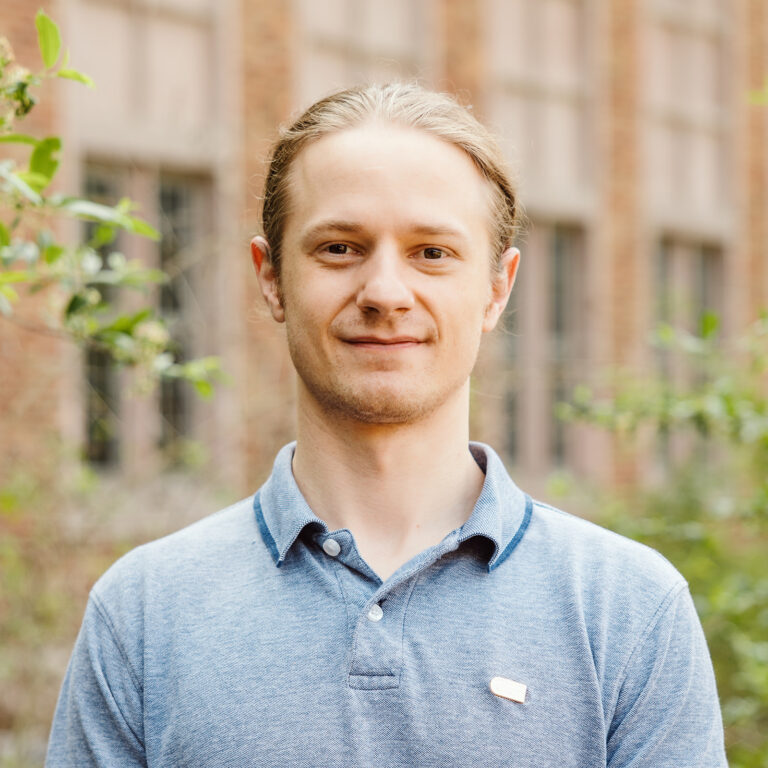
by Ethan Ellingboe
Reasearch Engineer, Carbon Leadership Forum
As engineers, scientists, and architects, we are trained to solve ideal problems with a limited scope, and just a few variable parameters. However, our quickly changing world and climate present us with poorly defined, ever-changing, and vastly complex problems. In the midst of this chaos, how can we better address the cascade of real problems we collectively face, as opposed to the perceived or assigned problems set before us?
As our world quickly evolves it is important to frequently take a step back, envision the future we want to achieve, and map out our path forward. For me this brings to mind two key practices I aspire to implement in my work this year, and which I hope might aid you in forging your path ahead.
First, employ structured creative problem-solving techniques to correctly identify problems and generate better solutions. We often take the act of creative thinking lightly, and do not always make the most of unique perspectives and ideas. When scoping a problem and envisioning solutions, take pride in documenting and organizing your ideas. Adding structure to creative thinking processes feels counterintuitive to me, but I know it creates better solutions and facilitates sharing those solutions.
This raises the second point of action I aim to focus on this year – finding new paths to work together in creating a collective impact. Embodied carbon is a collective problem necessitating collectively formed and implemented solutions. When discussing solutions, it is critical to seek common ground and prioritize building solutions together.
In the last year I have had the privilege of working on CLF’s POD|LCA project, one highlight from which has been the LCA workshop we hosted last September bringing together sixteen materials and buildings research teams from across the US. The amazing collaboration that took place at this workshop energized me to search for opportunities to collaborate with others in creating a collective impact – I hope reading this will energize you to do the same!
Take care,
Ethan

Ethan Ellingboe is a Research Engineer at the Carbon Leadership Forum developing knowledge, data, and resources to advance the state of LCA practice and carbon accounting for building materials. Ethan applies his education in chemical engineering and materials science to investigate, model, and simulate processes and materials. Past research topics have included carbonation of cementitious materials and bioconversion of lignocellulosic biomass. Ethan’s research background is used to contribute to embodied carbon data and methodology for cementitious and biogenic materials. Ethan is also interested in applying his background knowledge in process engineering and biochemistry to improve understanding of embodied carbon in novel building materials.